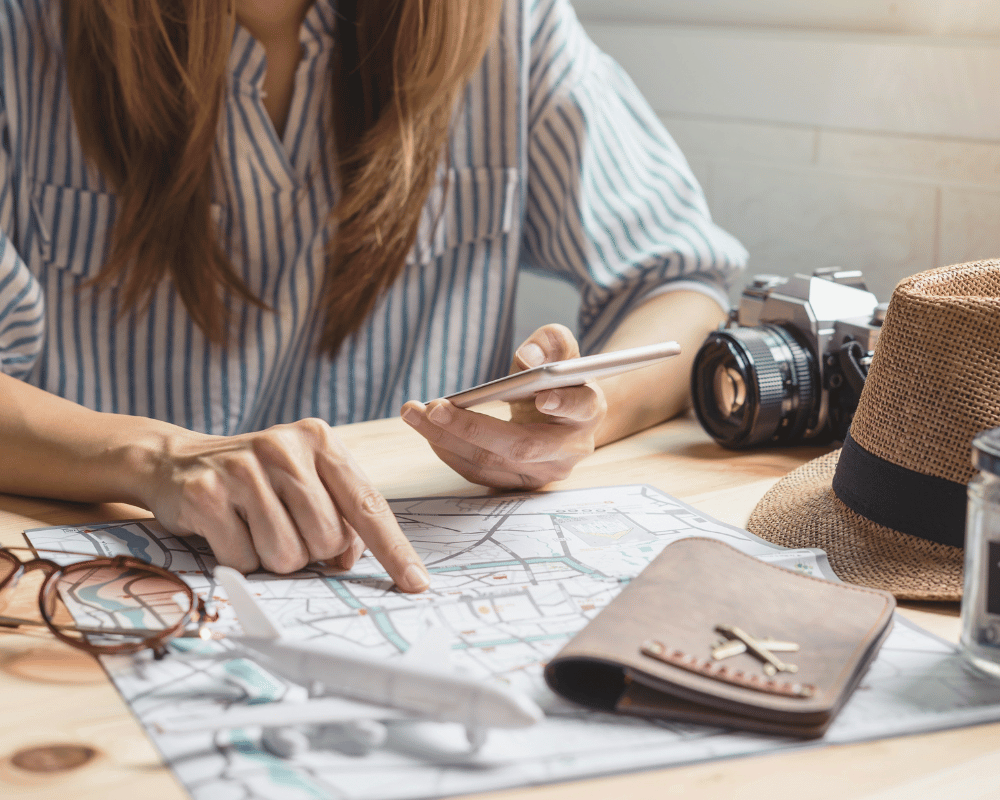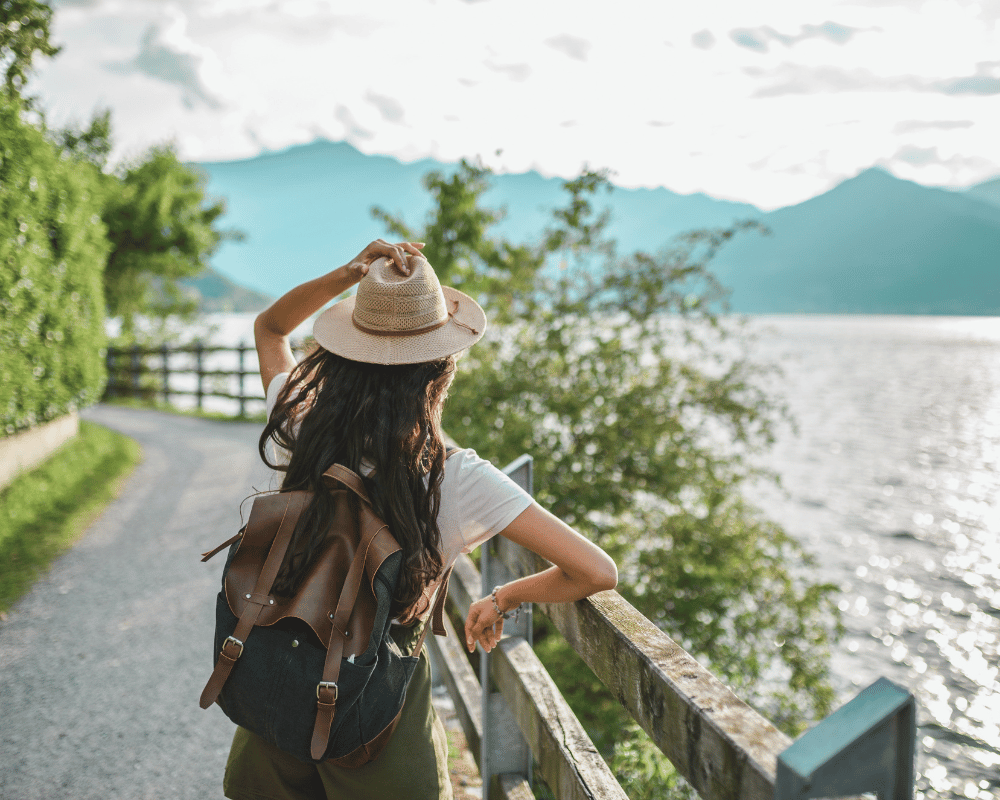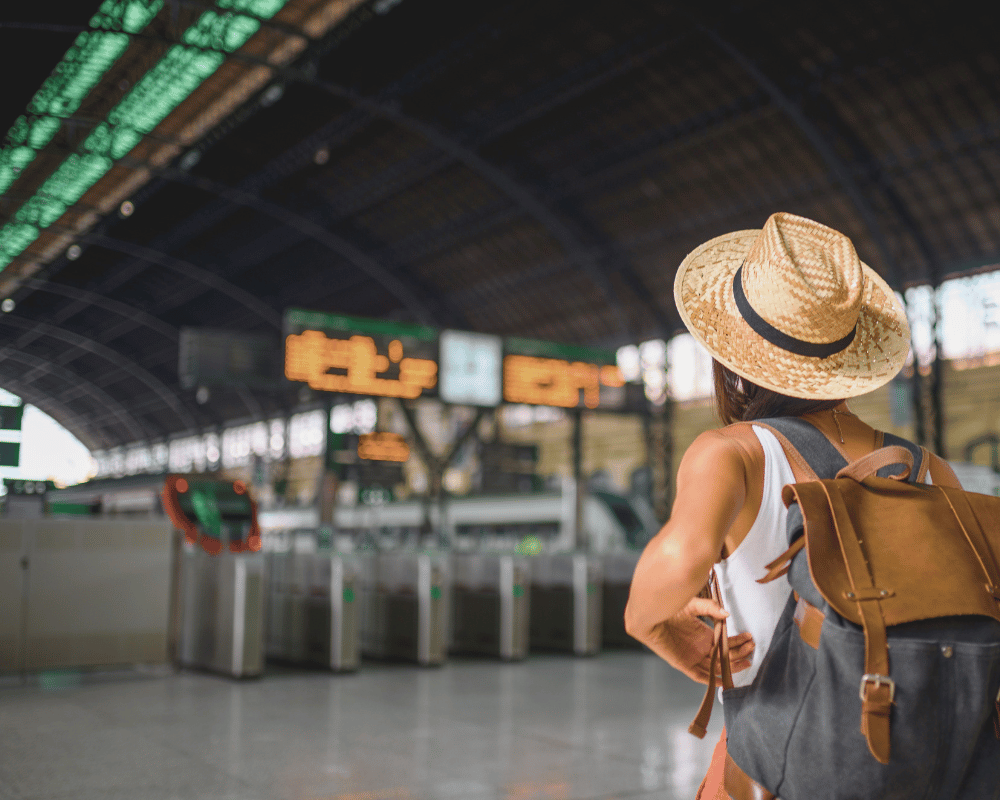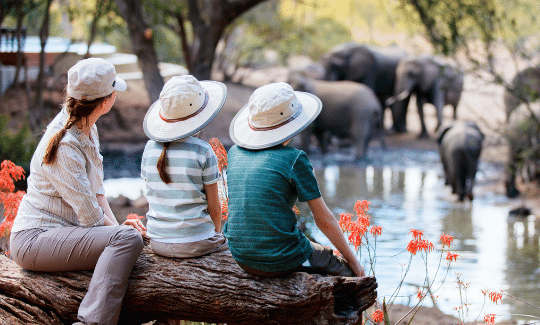Top Tips on How to Stay Safe While Travelling Abroad
For us here at The Wildest Road, travelling is what our life revolves around!
With that said, there is no denying that going on a trip comes with its fair share of risks. Losses, delays, accidents, these are all things that can quickly turn your wonderful adventure into a nightmare. And we’ve had our fair share…
To help you stay safe and make the most out of your trips, we have listed 6 of our top tips that have kept us out of sticky situations in the past, and that will hopefully help you do the same while travelling abroad!
Researching is Key
An informed traveller is a happy traveller!
Whenever we visit a new location, we make it a point to gather as much information as possible in order to be as prepared as we can be. Especially when it comes to culture and customs, we find that having some basic knowledge of the traditions of the country you’ll visit will surely make interactions with local people friendlier and more helpful.
Not only, showing off that you’re not a gullible and uninformed tourist could even keep insistent vendors off your back, and maybe even help you avoid some scams.
Another point that we research in depth is the law. This is especially important when travelling to countries that have a significantly different culture from our own, as we know that some things that are acceptable back home might be considered punishable or even criminal abroad.
Currency and exchange rates are also an essential to read up on.
You should be well aware of how much your money is worth, and where the best exchange places are. Knowing this will help you reduce the cost of your trip, as well as minimise the risk of falling for any money-related scams.
Knowing this will help you reduce the cost of your trip, as well as minimise the risk of falling for any money-related scams.
We also take natural hazards into consideration. In particular, we look at what sort of climate we should expect during our trip, and wether or not we would be at risk of any natural disaster. If any are common in the area, we make sure to be well informed on how to react in case things go south.
Flora and fauna are, of course, also something to research beforehand, especially if you’re considering doing activities such as hiking or camping.
Be aware of any poisonous plants that you should stay clear from, and any animals that could be a potential danger, such as venomous snakes, fish, insects and large predators.
So where do we get our information?
We like to rely on first hand information from other travellers, so our first stop is usually bloggers such as ourselves, as well as forums like TripAdvisor and Reddit. We also keep an eye on international news to see if there is anything happening that could affect us and our trip.
And finally, we try to get our hands on a good book guide, Lonely Planet being our favourite!
Keep your Passport safe
A passport is one of the most essential documents you’ll be carrying while abroad.
Apart from the fact that it allows you passage through border control, it will also prove to anyone who asks that you have entered the country legally, as well as certify your identity.
It’s for these reasons that you’ll be required to carry your passport or a copy on your person in most countries you’ll visit. Failing to show either will usually land you in a big heap of trouble!
With that in mind though, how do you go about with such a valuable document on you?
If you’ve travelled long enough, chances are that you’ve been pickpocketed or had items stolen from you. This is what we do to reduce our chances of losing our passports:
First of all, don’t carry it if you don’t need it. In most countries you’ll be fine with just carrying a copy for identification, while the original only needs to be used for things such as hotel check-ins and border crossings. We make sure to store our passports in a safe inside our hotel room when possible, and only carry copies with us. They are of little value if stolen, and can easily be replaced.
Whenever we do have our passports with us, such as when transiting from one stay to another, we try to never store them in our main luggage. We instead prefer to always carry our passports in a sling or some small bag that remains on our person at all times, making them more easily accessible for us and more difficult for anyone else.
Another effective way to keep your documents safe is to use a money belt. It’s a discreet way to stash away your valuables, and is essentially impossible for a pickpocket to access it!
In case you do end up losing your passport, it is essential that you contact your nearest embassy immediately, as a passport can be used for several criminal purposes that involve identity theft. Your embassy will surely be able to help you and provide you with an emergency document. If you can, be sure to also file a report with the local police. It’s not essential, but it could help clear things up if your name comes up unexpectedly, especially in more remote parts of the world.
Get vaccinated
The last thing you want when travelling abroad is to come down with some terrible and preventable disease. This is especially true for the tropics, where your chances of contracting a dangerous illness are higher.
Not only, a proof of vaccination is an entry requirement for several countries.
An example of this is yellow fever: If you’ve spent time, or even passed through an area where yellow fever is endemic, you might be required to show a vaccination certificate when entering several countries, and and will be refused entry if you fail to provide one.
We recommend you get advice from your doctor, or visit the nearest travel clinic. They’ll be able to provide you with the most up-to-date information, as well as the vaccines themselves.
Another thing to keep in mind is that some vaccines require multiple shots, an example being the rabies vaccine: Three injections are required over a period of about a month, so it’s good to plan ahead in case you’re travelling to a risk area. We got vaccinated before travelling to Africa, as we would be in close contact with wild animals, and it definitely gave us peace of mind when travelling to South East Asia, where rabid dogs and monkeys are a serious risk.
While we are both deathly afraid of needles and injections, we really cannot stress enough how important it is to get the appropriate vaccines. Most are very cheap and provide long-term protection, if not life-long, so it’s a very small price to pay for your health.
Stay connected
Staying in touch and letting someone know where you are, and where you’ll be going, could save your life.
The first step in doing that is getting yourself a way to stay in touch, which means purchasing a local sim card with good coverage and a decent data plan. Using a local sim instead of your own will allow you to avoid a surcharge that will cost you an arm and a leg, as well as give you reception in areas where your own card would be useless. A data plan, on the other hand, is an excellent way to reach someone via social media, as well as giving you access to online maps if you’re lost.
It’s also essential that you take note of all emergency numbers, such as police, firefighters and paramedics. You don’t want to find yourself involved in an emergency, only to have to then go online to find out which number to call!
If you’re travelling off the grid, such as to rural areas or into the wild, you should consider investing in a more reliable means of communication, such as a satellite phone or communicator.
- These devices do not rely on cellphone coverage, so you’ll be able to get in contact with friends and family even if you’re in the absolute middle of nowhere.
- They will also allow you to call for help and transmit your location in case of an accident, so they really are a must when away from civilisation.
With that said, satellite devices are very expensive and usually require a paid subscription.
A relatively affordable option that we recommend is the Garmin inReach Messenger:
While it lacks the capability of making calls, the Messenger comes with a dedicated button that connects to a 24/7 emergency centre when pressed. It also allows you to connect your phone and use the satellite connection to stay in touch with your contacts back home. All in all, it’s a small and discreet device that won’t take much space in your pack and could really make a difference if things don’t go according to plan.
Be prepared for Emergencies
Life is unpredictable, and you just never know what kind of crazy events you might find yourself involved in, such as the time two fighting cats flew out of a parking lot in Bangkok and in between our legs, resulting in some nice new scars and a rabies scare.
The best thing is to be prepared.
Start by purchasing a good travel insurance:
We recently started using True Traveller and, while we luckily haven’t needed to make any claims so far, they have an excellent reputation and great customer service. Plus, they are one of the most affordable options with one of the best coverages, so we highly recommend them.
Also, don’t forget that a proof of travel insurance is an entry requirement for some countries, such as Indonesia, Thailand and Vietnam.
Insurance aside, you should have some basic knowledge to keep yourself safe, especially if you’re planning on travelling to rural locations.
Things such as knowing how to identify certain species of animals and plants can help you avoid venomous stings and bites, while recognising certain telltale signs could help you predict natural hazards such as storms.
It’s also useful to have some first aid skills to treat small wounds such as cuts and bruises, and at least basic CPR in case someone with you has a serious accident.
All in all, you don’t need to be a medical professional to be prepared for an emergency. The most important thing is knowing what to expect and how to to react to a dangerous situation, and that knowledge will go a long way in making sure you keep yourself and others from harm.
Use your common sense
The best way to stay safe when travelling abroad is to simply use your common sense. We find that it usually pays to be a little paranoid, and if something feels sketchy or risky we’ll simply move on. The same goes for things that feel too good to be true.
Overly friendly strangers are a major red flag for us, as in our experience there is almost always a reason. We recently avoided being led into a scam shop by an overly friendly old man in Bangkok because he was just so unusually, well, friendly. Eventually the signs started appearing and we got ourselves out of that situation. But a quick search online will show you that hundreds of travellers fall for the same trick every month.
In the end, avoiding risky situations is the best way to stay safe.
Avoiding poorly lit areas, sticking with the crowd, and not trusting strangers goes a long way in ensuring that your trip will be safe and memorable for the right reasons. And don’t be like that lady in Kuala Lumpur who poked a monkey’s behind. Yeah, we saw that. The monkey did not appreciate it.
And there you have it, our best tips to help you stay safe during your travels.
So do your research, get vaccinated, stash your passport somewhere safe and, most importantly, always trust your gut. We’ll see you out there!
Did you enjoy this article?
Feel free to save or pin this image so that you can always look back on this blog post!














Nothing beats the emotion of diving into a new environment and discovering a new culture and way of living, even if the nervousness of facing the unknown can sometimes be strong. The best thing is to always be prepared.